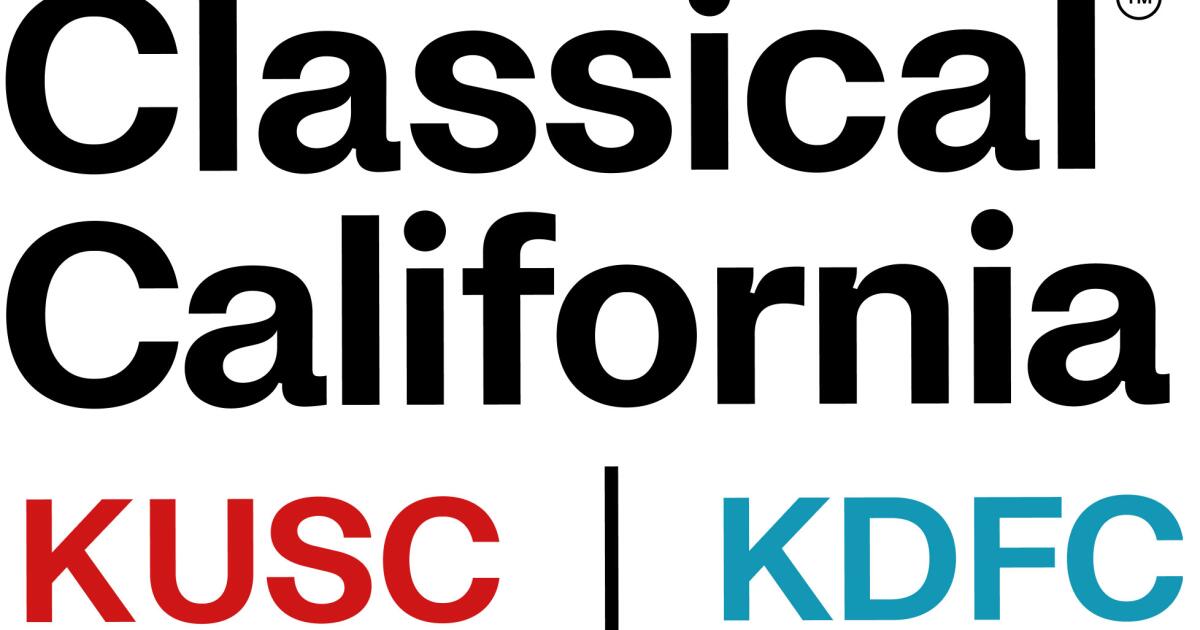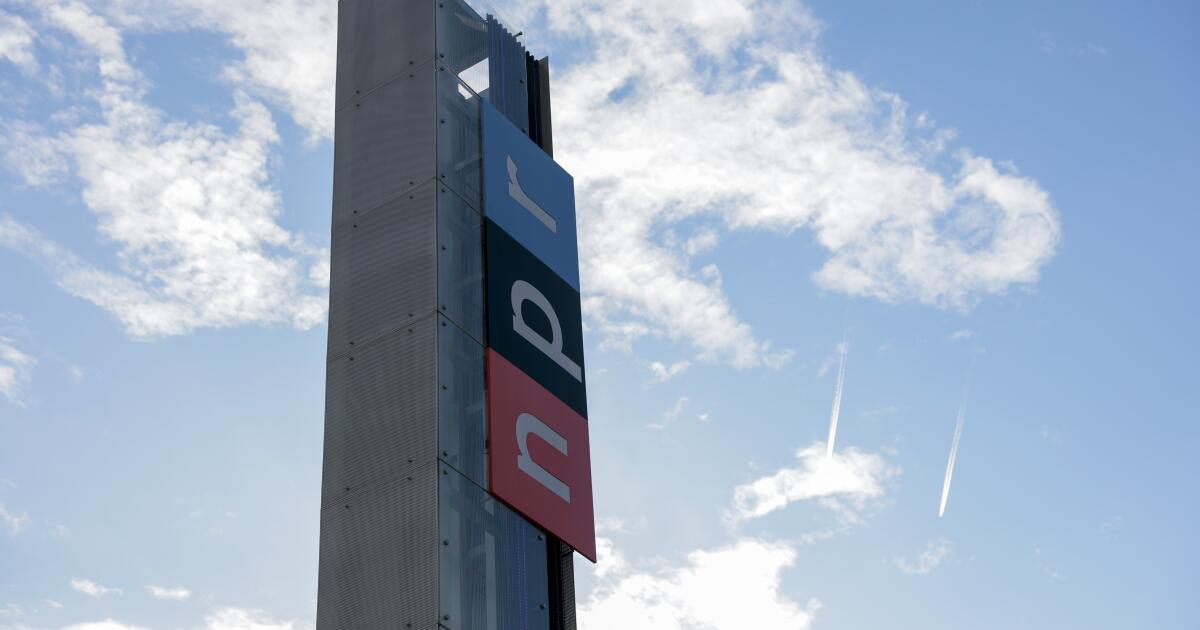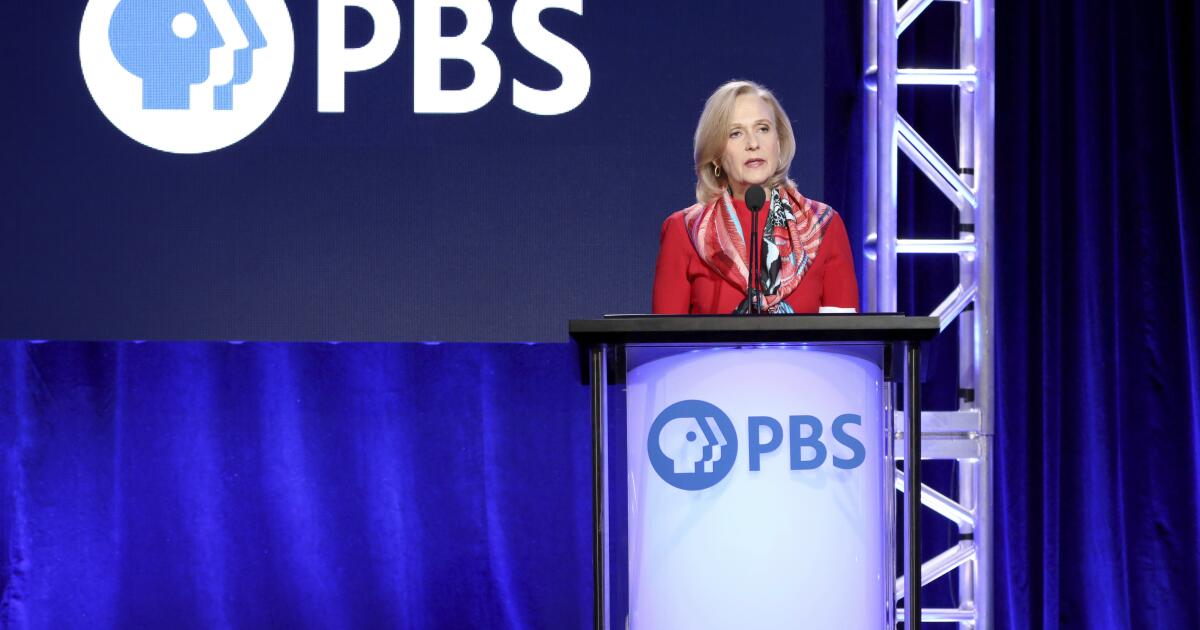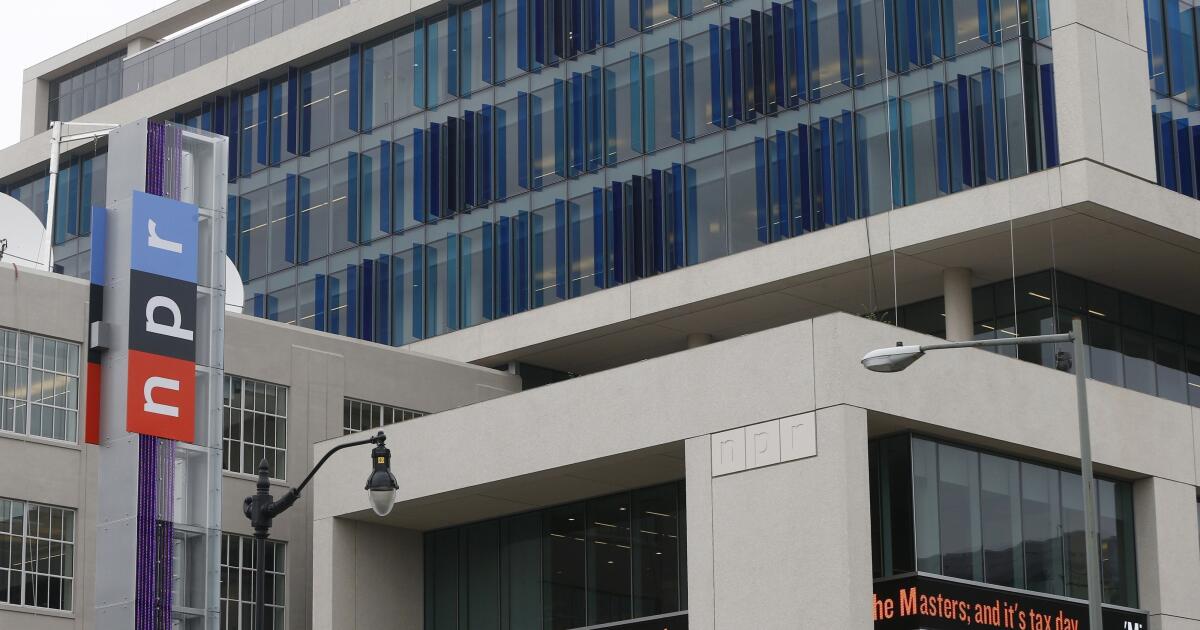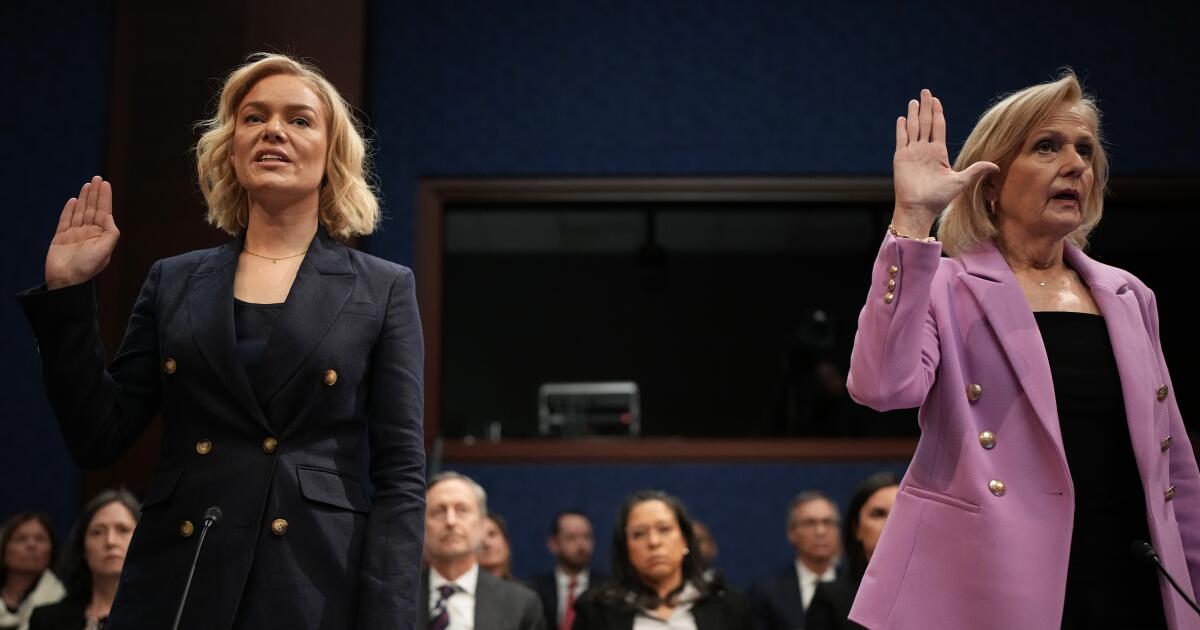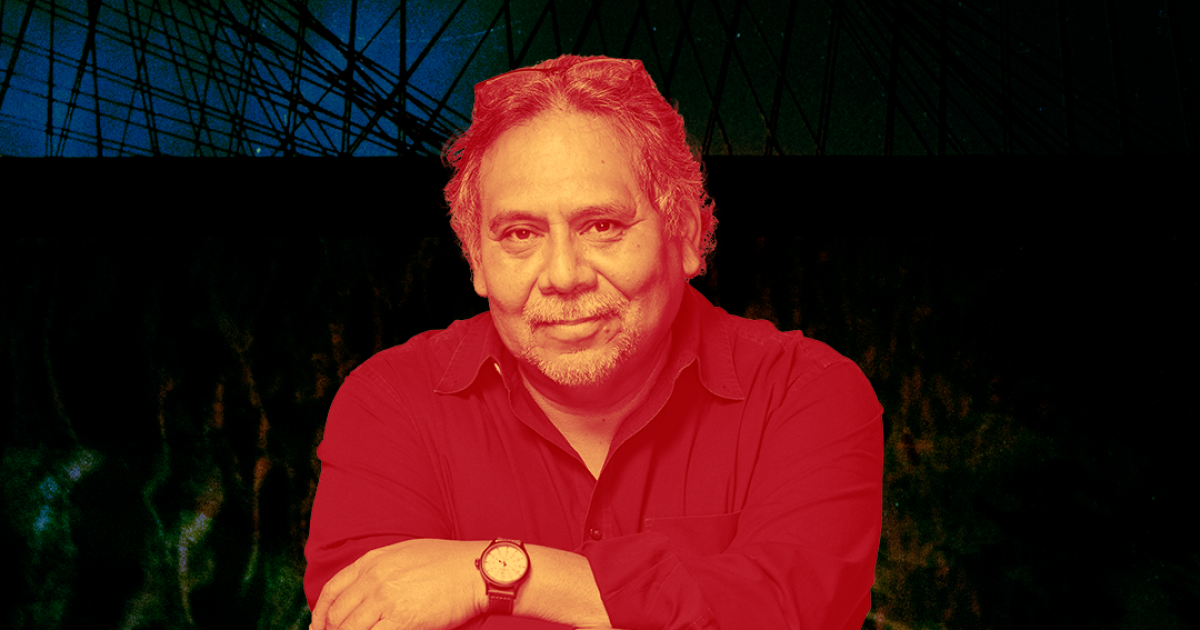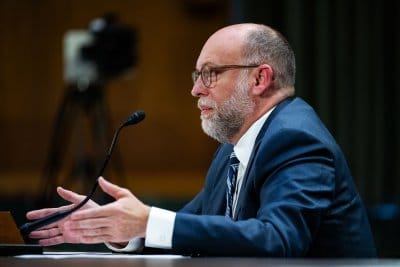Ken Burns has made more than 30 documentaries and won multiple Emmys.
But without funding from public television, his educational programming such as “The Civil War” and “Baseball” might never have existed, he told “PBS News Hour” in an interview Thursday.
Even today, the acclaimed filmmaker whose works — including his upcoming project “The American Revolution” — are broadcast on PBS, said his films get around 20% of their budgets from the Corp. for Public Broadcasting, the body Congress recently voted to defund.
Projects that receive a higher percentage of their funding through public media “just won’t be able to be made,” Burns said. “And so there’ll be less representation by all the different kinds of filmmakers. People coming up will have an impossible time getting started.”
The U.S. Senate this week passed the Trump administration’s proposal to cancel $9 billion in federal funding previously allocated for foreign aid and public broadcasting, and the House of Representatives approved the package after midnight Friday, sending it to President Trump’s desk.
The Corp. for Public Broadcasting, which administers the funds for NPR radio stations and PBS TV affiliates, is on track to lose $1.1 billion that had previously been budgeted for the next two years.
The impact of those cuts will be deeply felt across both NPR and PBS, leaders of both organizations told The Times. Layoffs and reduced programming are expected, and the blows will disproportionately strike smaller markets that rely more heavily on federal funding.
“This is going to hit hardest in the places that need it the most,” said Gabriel Kahn, a professor at the USC Annenberg School for Communication and Journalism.
Stations in smaller markets are staffed significantly less than stations in larger cities, often because of the disparity in funding. The Corp. for Public Broadcasting acted as “the great equalizer,” Kahn said, padding the budgets of smaller stations so they could continue operating.
“It’s just going to be increasingly lonely out there as these voices, who were of the community and generally very well trusted, are going to disappear,” Kahn said. “Because within a year, you’re not going to be able to hear these things on the radio anymore in a lot of places.”
The cuts fulfill a longtime dream of conservatives and libertarians, who bristle at the notion of public funds supporting media organizations, especially ones they view as left-leaning. Republicans have for decades called for cuts to public broadcasting because of their perceived liberal slant of its programming.
Trump has called NPR and PBS government-funded “left-wing propaganda.”
But several prominent voices in media and politics were quick to call attention to the harm the cuts will have, especially on communities where the local stations rely heavily on federal funding.
“A PBS station is really like the public library. It’s one of those important institutions that may be the only place where people have access to local news,” Burns said. “There’s a kind of sense of local accountability, and as news becomes nationalized and even internationalized, there’s a loss there.”
PBS President Paula Kerger expressed similar concerns.
“Many of our stations which provide access to free unique local programming and emergency alerts will now be forced to make hard decisions in the weeks and months ahead,” Kerger said in a statement Thursday.
Alaska Sen. Lisa Murkowski, one of two Senate Republicans to vote against the package, said she strongly opposes the cuts to public media in a statement after the vote. She referenced a 7.3 magnitude earthquake in Alaska this week that triggered a tsunami warning as an example of the public service stations provide.
“My colleagues are targeting NPR but will wind up hurting — and, over time, closing down — local radio stations that provide essential news, alerts and educational programming in Alaska and across the country.”
A devastating blow to SoCal stations
Public media outlets in Southern California’s urban areas, which can turn to wealthy locals for donations, are less dependent on federal funding than stations in smaller markets. But they will still feel an immediate loss.
Washington, D.C.-based NPR has two major affiliates serving the Los Angeles area: LAist, or KPCC-FM (89.3), and KCRW-FM (89.9).
LAist, based in Pasadena, was set to receive $1.7 million, about 4% of its annual budget. Alejandra Santamaria, president and chief executive of LAist, said the money is equivalent to 13 journalist positions at the local news operation. KCRW in Santa Monica was expecting $264,000 from the Corp. for Public Broadcasting.
PBS SoCal, which operates member stations KOCE and KCET in Orange and Los Angeles counties, respectively, is facing a loss of $4.3 million in federal funding, according to Andy Russell, president and chief executive of the stations.
Connie Leyva, executive director of KVCR Public Media in San Bernardino, which operates PBS and NPR affiliates, said earlier this week that the Senate action will mean losing $540,000, about 6% of its operating budget. Thus, she has to consider cutting five positions on an already lean staff.
Kahn, the USC professor who is also the publisher and editor of Crosstown L.A., a nonprofit newsroom focused on local reporting and data journalism, said the cuts could have unintended consequences for Trump’s own voters.
“The irony, of course, is that these are areas that generally support Trump with high margins, and they’re are also areas that have the greatest allegiance to their local public radio station,” he said.
